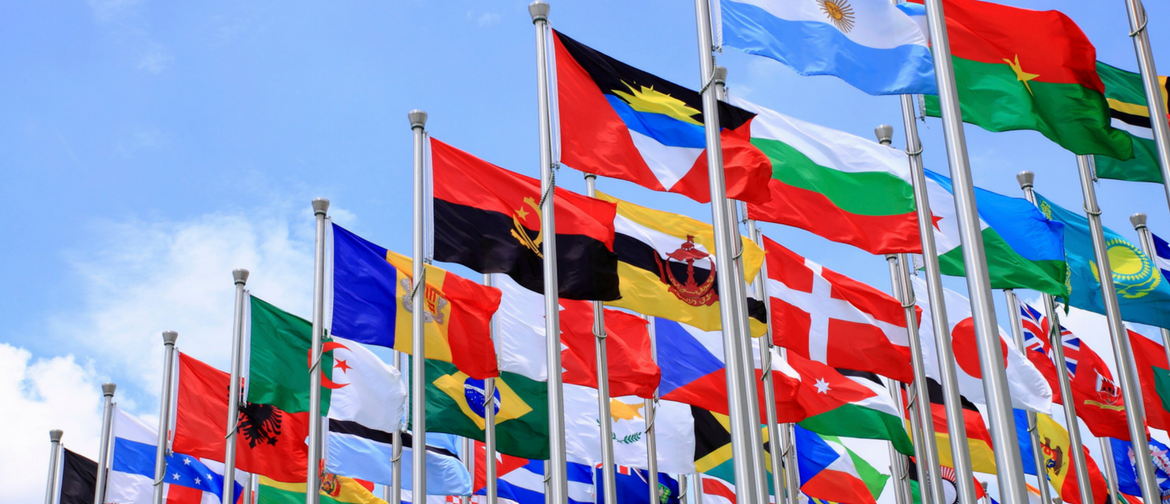From the Program Director
“We appreciate very much the efforts that are going in the development and maintenance of the 1540 database.”
– a senior government official responsible for nuclear nonproliferation in a former soviet bloc state
What is UN Security Council Resolution 1540?
In 2004, the United Nations Security Council identified the proliferation of nuclear, chemical, and biological weapons, their related material, as well as their means of delivery, as a threat to international security. That resolution, number 1540, mandated that all states must implement measures to prevent the spread of these materials to terrorist groups, other criminals, and state actors attempting to acquire weapons of mass destruction.
A massive challenge for many countries
United Nations Security Council Resolution 1540 requires that all States must have and enforce laws and regulations to help prohibit the spread of weapons of mass destruction within or across their borders, complementing and supporting implementation of other nonproliferation treaties, conventions and other resolutions. However, many States struggle to implement these obligations effectively — they lack the capacity or expertise to control the many different materials and technologies that constitute a proliferation risk.
Consequently, many States have asked for assistance and many states, international governmental, and non-governmental organizations have offered assistance. But until Stimson’s Assistance Support Initiative, there was no comprehensive resource to connect those who need help with who are offering help.
Phase 1: Build it
During Phase I of this project, the ASI team created a public, searchable database of assistance programs and projects that combat the proliferation of chemical, biological, radiological and nuclear (CBRN) weapons and their means of delivery, as well as reach out to those States seeking assistance. This database serves as a single source of valuable information for States interested in receiving or providing nonproliferation assistance.
Phase 2: Improve it
During Phase II, the team expanded and improved the ASI Database, added and updated data on assistance projects and programs, increased the availability of database information to States seeking assistance, provided training on how to most effectively use the tool, and established an Advisory Board to conduct regular reviews of the tool’s benefits for CBRN nonproliferation assistance.



